Home Health vs. Home Care

Home health and home care are two services that healthcare professionals frequently recommend for Seniors. These services may come up after an acute event, like a fall, or as part of a routine check-up. Here at ACE Senior Care Navigators we often get asked “What’s the difference?” Read on for some of our most Frequently Asked Questions about home health and home care for older adults.
So what is home health? And what is home care?
Home health refers to clinical services for homebound Seniors. These services include nursing, physical therapy, occupational therapy, speech therapy, medical social work, and/or home health aide assistance (brief visits for assistance with bathing 1-2x/week). Services must be medically necessary, and the Senior must be considered “homebound” to receive them. “Homebound” means that a Senior cannot leave the home without significant assistance, or they have a condition that renders it unsafe for them to leave the home to receive care.
Home care refers to non-medical caregiving services. These services are meant to enhance the safety, well-being, and quality of life of a Senior. Typical services are assistance with daily tasks such as dressing and toileting, assistance with household tasks such as light housekeeping and meal prep, and general engagement with social and leisure pursuits.
Who provides these services?
Home health services are always provided through a licensed agency, with clinical care provided by licensed clinicians. Your doctor may recommend a specific agency, but you are always free to select your preferred agency. You may have the same clinician for the duration of your services, or you may receive treatment by multiple different clinicians per discipline.
Home care services are provided through an agency or through a private-duty worker. The laws around agency licensure and the employment of private-duty workers vary by state. Generally, you will have the same caregiver (or group of caregivers).
How long do these services last?
Home health services are certified for a period of 60 days, though you may not need care for that entire period. After each period of 60 days, your clinicians will determine if you still need services, or if you are ready for discharge. You will receive a certain number of clinician visits per week, depending on your condition. On average, Seniors typically have 1-2 visits/week per discipline.
The length of home care service provision is entirely up to a Senior. They may need assistance to “get them over the hump” following a hospitalization, or they may benefit from long-term support lasting many years. The days and hours you receive care are determined in conjunction with your caregiving team.
Can I have home health and home care together?
Yes! Home health and home care services are very compatible, though they can and often do exist independently of each other. Home health services can improve a Senior’s health so they can engage better with their caregivers, and caregivers can learn from home health clinicians about different supports for their clients.
How do I get these services?
Home health services need to be ordered by a doctor who agrees to certify the plan of care (be in agreement that a Senior will benefit from these specific services). Your doctor may order these services at their request, or you can request orders from them if you feel you need them.
Home care services are initiated by Seniors or families (or geriatric care managers). You may choose to contact a local agency, or find a private-duty caregiver through word-of-mouth.
Does insurance pay for these services?
Home health services are covered under a Senior’s Medicare Part A benefit (or Medicaid). Seniors generally do not pay anything out of pocket for home health services.
Home care services are generally a private-pay expense. If Seniors have long term care insurance, they may elect to utilize their benefits for home care. Seniors who are Veterans, or who have ever been married to a Veteran, may be eligible for some VA benefits for caregiving services. And depending on your state’s Medicaid provisions, Medicaid beneficiaries may be entitled to some caregiving support.
But wait, there’s more!
We invite you to view two recent pre-recorded interviews we produced on the topic of Allied Health Services for Seniors, which includes home health therapy and related services.
Video 1 of 2: How Allied Health Professionals Serve Older Adults, featuring Jen Andersen, DPT (Aspire Physical Therapy); Shari Ferman, MA, CCC-SLP (Swallow Studies by Shari, LLC); Becky Frieman, MA, MT-BC (Greater Chicago Music Therapy); Carrie McBreen, MS, CCC-SLP (Lake City Speech & Voice Therapy); Karrie Stanley, OT (Vitalize Home Therapy, PLLC); and Sarah Zera, OTD, OTR/L (Moxie OT)
Video 2 of 2: External Factors Impacting Allied Healthcare Service Delivery for Older Adults, featuring Corey Emberton, Exercise Specialist (Quality of Life Fitness) and Becky Frieman, MA, MT-BC (Greater Chicago Music Therapy).



